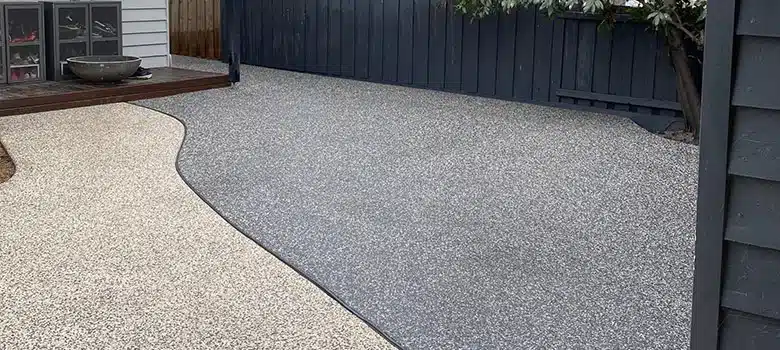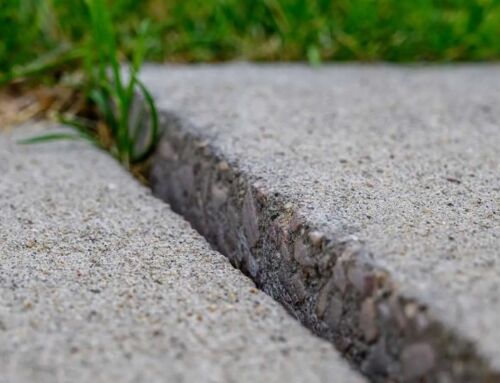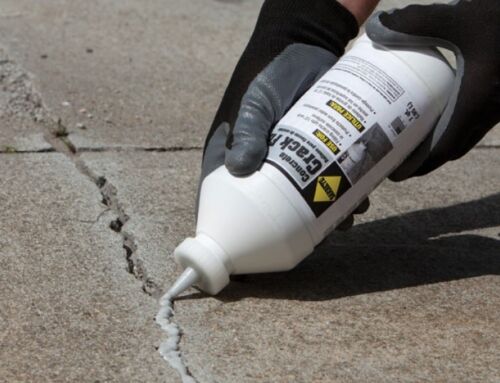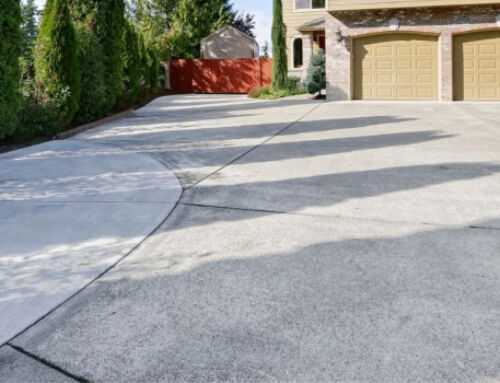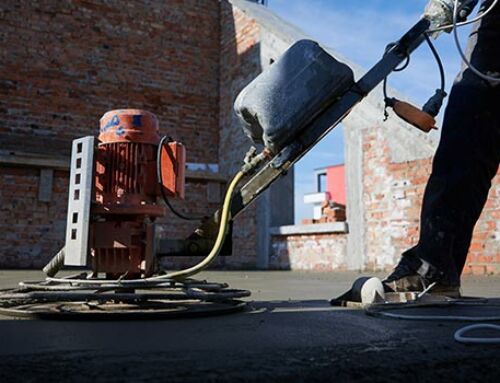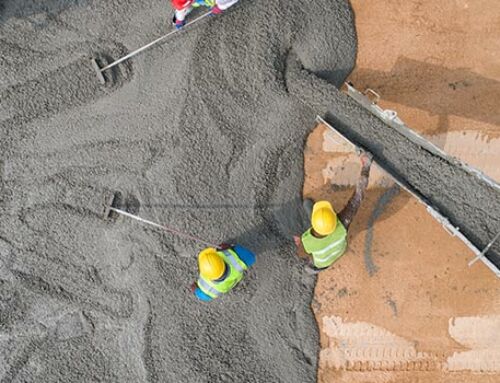Choose the right type of concrete for your home or business depending on the form and function of your project.
Concrete is used in a variety of different applications when building a home or business in Melbourne.
And while most concrete might look the same, there are actually a variety of types specifically formulated for different applications. That’s why it’s important to go with a professional who will know exactly the right type to use for your project needs.
To help you better understand the differences, we’re walking through the most common types of concrete used in home and business construction. This way, you can discuss your project needs more in depth with the professionals you choose for a job well done.
Ready to go from beginner to concrete pro? here’s everything you need to know.
If you want to learn more about concreting options, check out our resources:
1. How to Find the Best Concrete Contractor in Melbourne
2. Top Benefits of Hiring Professional Concrete Services
3. 5 Ways You Can Use Concrete in Your Garden
4. What Concrete Extension Types Can You Add To Your Home?
5. How To Remove Stains From Concrete
The six most common concrete types
Concrete might be a basic building block in our homes and businesses, but it is anything but simple.
There are over 15 different types of concrete depending on the shape, application, materials, and consistency that are combined together. While some have only specialised uses in commercial spaces, there are six types you may find applicable to your home or business project.
#1: Plain concrete
When you think of concrete, this is the material that mostly comes to mind. Basic concrete is made of cement and another aggregate like sand, granite, limestone, ash, or even gravel. The dry mixture is transported to the job site and then mixed with the right amount of water to create thick liquid substance that is poured, spread, and smoothed in place.
Plain concrete dries, or cures, into a hardy, stone-like material that is durable and timeless. It also has a hallmark grey colour unless mixed with specific aggregates which speckle the surface or oxides that uniformly change the hue using specialised pigments.
Keen for a plain concrete driveway but looking to stay on top of your budget? Find the most economical driveway ideas here
#2: Reinforced concrete
Plain concrete is fairly versatile, but in some applications it needs additional strength to be able to hold up to the tasks it’s installed for. This largely comes down to installations that require holding up extreme amounts of weight, like in the foundation of a building. In these cases, plain concrete is reinforced by embedding wire mesh or steel bars in the still-wet concrete. Once the material dries, it is strengthened by the additional reinforcements that are rooted in the concrete.
#3: Shotcrete concrete
Sometimes concrete needs to be installed in places or shapes that require a bit more finesse or creativity than a flat pour or the use of a mold. A great example of this is an in-ground pool with sculpted sides.
How does the concrete get in place?
Usually, professionals will use a process and material called shotcrete. This involves taking properly prepared concrete and applying it using a high velocity hose that shoots the concrete onto a surface. The high impact of the concrete hitting the surface also compacts the concrete. This requires less formwork and is great for thinner applications or those with crevices and curves.
#4: Glass concrete
Another way to reinforce concrete in architectural projects like building facades is glass concrete. For this, glass fibres are added to the concrete mix to help with load bearing and can be compressed into thin panels that make them versatile for installation.
In many cases, these panels are bonded together, or sandwiched, and applied to the exterior of buildings to create a smooth and processional appearance. The glass fibres also help keep these panels much more lightweight than traditional reinforced concrete.
#5: Lightweight concrete
In cases where the durability of concrete is warranted but the weight isn’t desired, lightweight concrete can be a great alternative. Lightweight concrete is less dense than plain concrete and has a higher water content that makes it more pourous.
The material takes longer to dry than other kinds of concrete, but the end result is a lighter version that still provides the structural benefits of concrete. One great use for this material is as flooring applied over an existing substructure.
#6: Precast concrete
When you think of concrete, you probably think of a grey, wet material that is poured, fitted, or even blasted into place. But there are some applications where a premade concrete piece is more fitting than trying to craft it in place.
That’s where precast concrete comes into play.
In these instances, the concrete is shaped using forms or molds at a manufacturing site and allowed to cure into a solid piece with set dimensions as required for the project. The finishes pieces are then shipped in full size to the job site where they are installed. One great example of this is as precast concrete walls for buildings, which can come in any size, shape, and even colour.
Choosing the right kind of concrete for your job
In most cases, the job itself is going to dictate the type of concrete needed. For example, your driveway project may not need reinforcement, but if it also includes retaining walls, you could benefit from a mix of plain concrete and either shotcrete or precast concrete.
Most pools are poured using a blend of plain concrete at the base and stairs with shotcrete for the walls and any gradation from deeper to more shallow ends. Modern Melbourne homes and office buildings can take advantage of the lightweight concrete to cover up and create a custom façade.
Call on Concept Concrete for any type of concrete installation
In nearly every instance of adding concrete in any form or fashion to your home or business, you’ll want to work with expert installers who are adept at working with concrete in all its varieties. In all likelihood, when you work with professionals, they’ll be able to recommend the best combination of concrete types for your exact project needs.
And that’s where the team at Concept Concrete comes in. Whether you need structural, functional, or decorative concrete, our professionals are at the ready with the experience needed for a job done right. From modern to custom concreting and everything in between, our highly trained and experience local technicians can take your slab from drab to fab in no time, no matter the location or purpose.
For more information and a free assessment, call us on 1300 366 343 or request a fast free quote online today!

